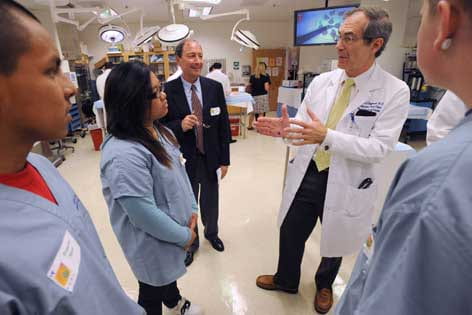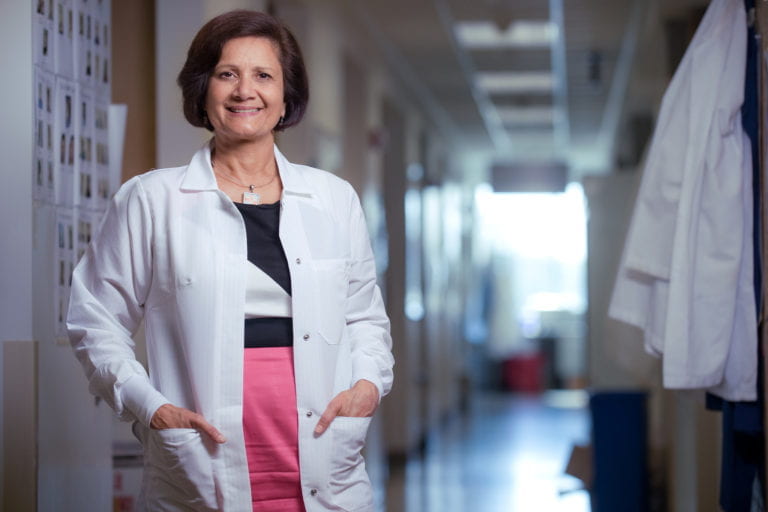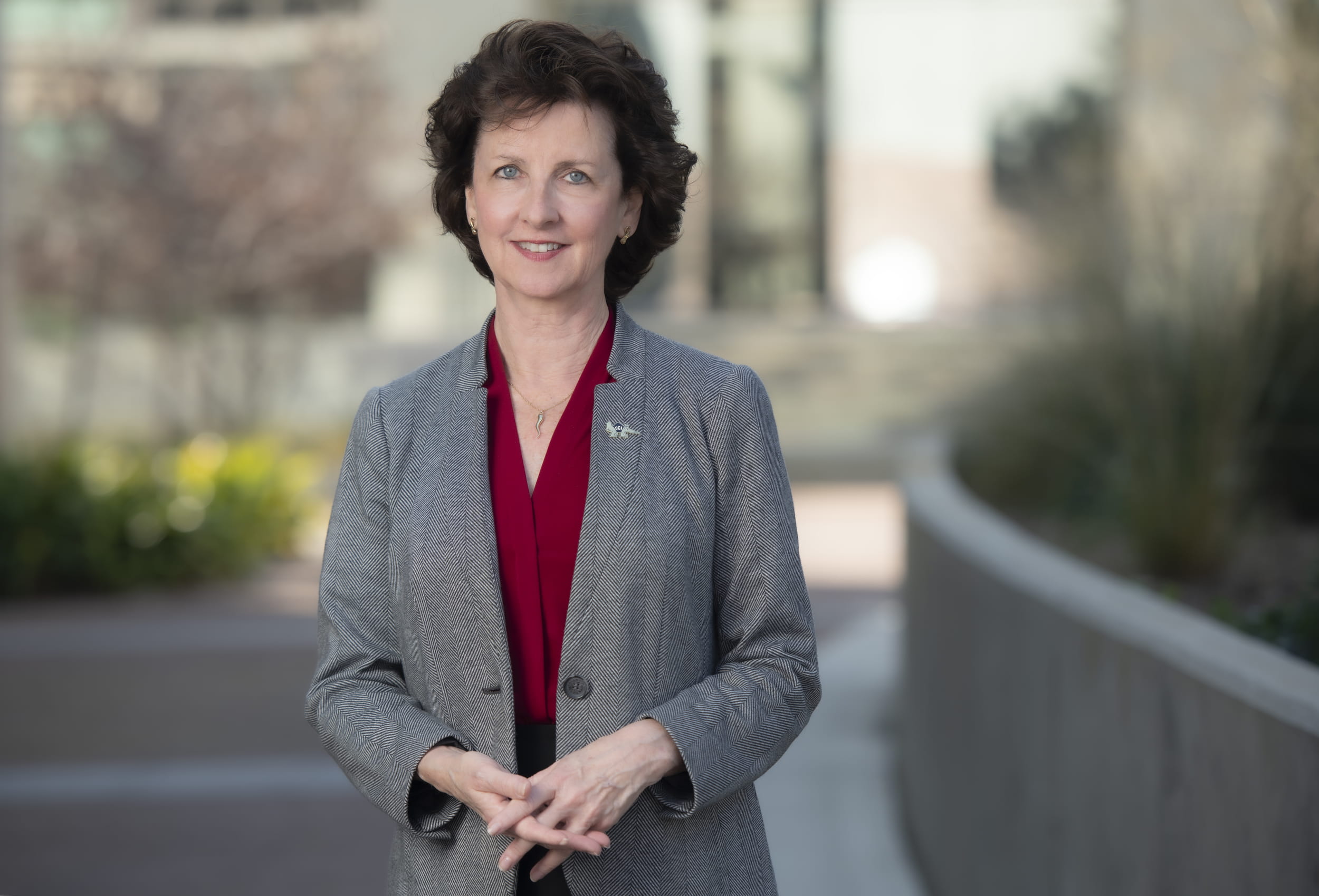Medical school dean's singular focus: healing
Dr. Ralph Clayman brings surgical precision and a singular focus on healing to his new role as medical school dean.

Levity, gossip and idle chitchat have no place in Dr. Ralph Clayman’s operating room. The pioneer in minimally invasive surgery once asked a gabby colleague to leave in the middle of an operation because the chatterbox lacked focus.
Clayman, a urologist so dedicated he gives his home phone number to patients, makes no apologies for his no-nonsense attitude. The stakes are simply too high.
“As soon as you walk into my operating room, there’s only one thing that exists in your world, and that’s the person on the table,” he says. “Everything else is of zero importance.”
Clayman brings that same focus and dedication to his new role as dean of UC Irvine’s School of Medicine, where he oversees 560 faculty members in 26 departments who train more than 400 medical students and 600 residents and fellows. It’s a challenging position, one that Clayman has earned as a leader in education, research and patient care.
For more than 30 years, he has refined and improved minimally invasive surgery, which means smaller incisions, less pain and quicker recoveries for tens of thousands of patients worldwide. In 1990, he led a team at Washington University in St. Louis that performed the first removal of a tumor-bearing kidney using a laparoscope, a tubelike instrument that permits surgery through a tiny incision. Recently, Clayman spearheaded efforts by UCI researchers to treat renal cancer by inserting a small needle into the diseased kidney and freezing the tumor.
“He has revolutionized how we approach many urologic diseases, including kidney stones and tumors,” says Dr. Richard Williams, urology chair at the University of Iowa, who did residency training with Clayman in the mid-1970s at the University of Minnesota.
Since joining UCI in 2002 as founding chair of the urology department, Clayman has left an indelible mark. U.S. News & World Report recently named the department the 18th-best in the country. In 2004, Clayman and fellow urology professor Dr. Elspeth McDougall helped establish the nation’s first five-day mini-fellowship program for practicing urologists. To date, about 250 urologists from 35 states and nine countries have received advanced training in robotic, laparoscopic and other minimally invasive surgeries for the kidney and prostate at UCI.
Clayman was named interim dean of the School of Medicine in March 2009 and appointed permanent dean in December. His vision is to build the school and UCI Healthcare into one of the U.S.’s premier academic medical institutions.
To do that, he says, equal attention must be given to the school’s three missions: discover, teach and heal. The building blocks are in place.
“Our research involving stem cells and the neurosciences is already among the most significant in the country,” Clayman says, noting the upcoming opening of UCI’s Sue & Bill Gross Hall, likely to be the first California Institute for Regenerative Medicine facility. “In addition, thanks to the efforts of genetics researcher Douglas Wallace, UCI is an unquestioned leader in mitochondrial medicine.”
As dean, Clayman also will encourage greater collaboration among research and clinical faculty on new treatments and cures for injuries and diseases. The establishment in 2008 of the Institute for Clinical & Translational Science, he says, provides an important framework for this.
Aiding the school’s mission to teach, a state-of-the-art medical education building will open its doors to students this month. The 60,000-square-foot facility features cutting-edge technologies for simulation learning, teleteaching and telemedicine, including real-time video communication that lets medical students at the Irvine campus learn about procedures being performed at UC Irvine Douglas Hospital in Orange.
“When this building opens, it will be one of the most innovative and creative centers of medical knowledge in the country and an important resource for the entire medical community of Orange County,” Clayman says.
The son and grandson of physicians, he says “it was ordained” that he’d follow in their footsteps. Despite 70-hour work weeks, Clayman is exhilarated by his profession.
“The opportunity to take care of other people, to have a positive impact, is a privilege,” he says – a privilege that now extends to the entire medical school.


